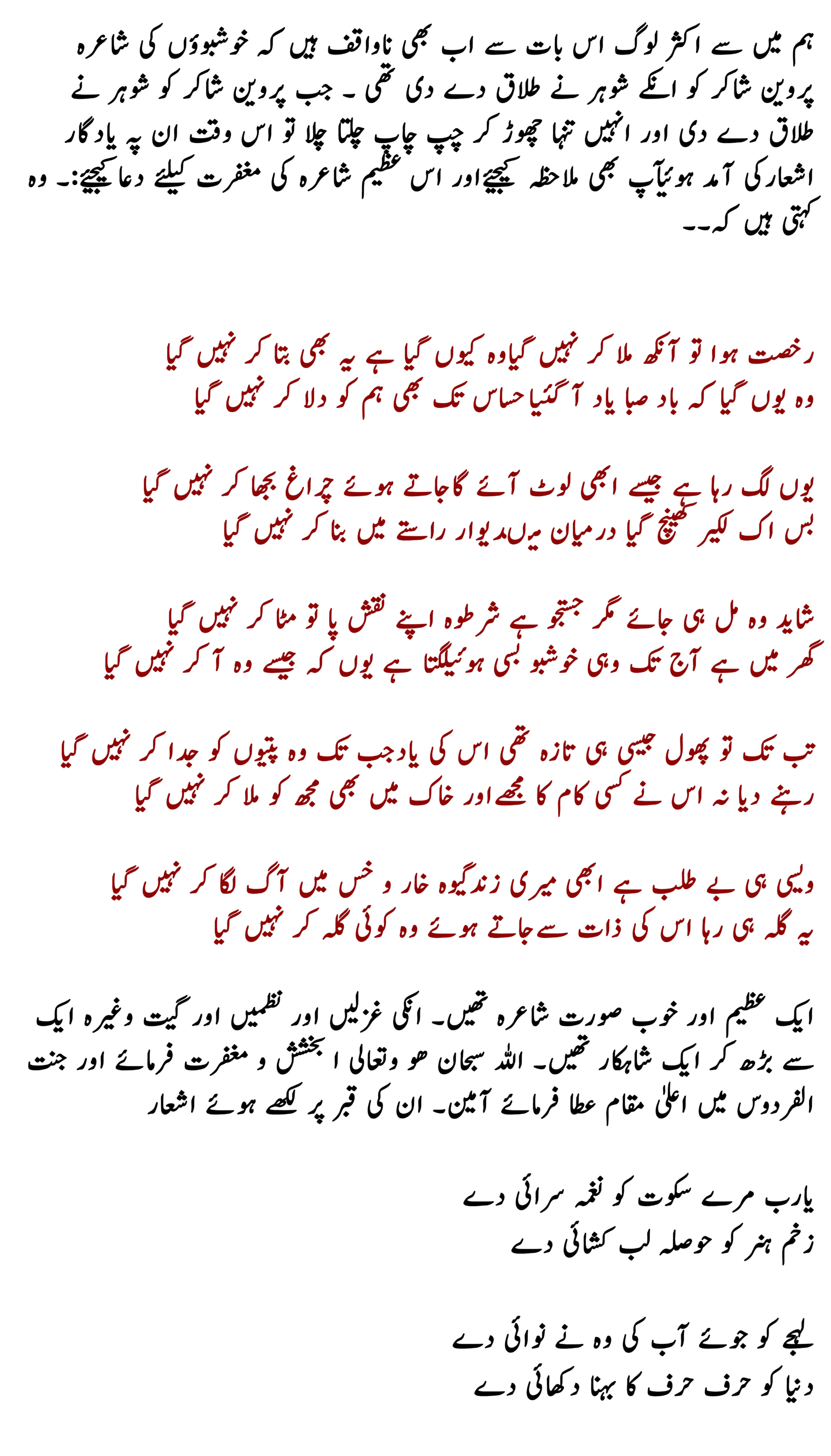Dandruff is a common scalp condition characterized by flaky, itchy skin. It can be caused by various factors, including dry skin, oily skin, fungal infections, or sensitivity to hair care products. If you’re seeking natural ways to combat dandruff, this guide provides effective solutions and home remedies to help you achieve a healthy, flake-free scalp.

1. Understand the Causes of Dandruff
Common Causes:
- Dry Scalp: Lack of moisture can lead to flaky, itchy skin on the scalp.
- Oily Scalp: Excess oil production can contribute to dandruff by promoting the growth of Malassezia yeast, a fungus linked to dandruff.
- Fungal Infections: Malassezia fungus, naturally present on the scalp, can overgrow and cause dandruff.
- Sensitivity to Hair Products: Allergic reactions or sensitivities to certain ingredients in shampoos or conditioners can lead to dandruff.
- Skin Conditions: Conditions like psoriasis or eczema can affect the scalp, leading to dandruff-like flakes.
2. Natural Remedies for Dandruff
Aloe Vera:
- Benefits: Aloe vera has soothing and anti-inflammatory properties that can help reduce scalp irritation and dryness.
- How to Use: Apply fresh aloe vera gel directly to the scalp, leave it on for 30 minutes, then rinse with lukewarm water. Repeat 2-3 times a week.
Coconut Oil:
- Benefits: Coconut oil has moisturizing properties and contains lauric acid, which has antifungal effects that can help control dandruff.
- How to Use: Massage warm coconut oil into your scalp, leave it on for at least 30 minutes (or overnight for deeper conditioning), then wash with a mild shampoo. Use once a week.
Apple Cider Vinegar:
- Benefits: Apple cider vinegar can help balance the scalp’s pH and reduce fungal growth.
- How to Use: Mix equal parts apple cider vinegar and water, apply to the scalp, and leave it on for 15-20 minutes before rinsing with water. Use 1-2 times a week.
Tea Tree Oil:
- Benefits: Tea tree oil has antifungal and antibacterial properties that can help control dandruff.
- How to Use: Add a few drops of tea tree oil to your regular shampoo or dilute it with a carrier oil (like coconut or olive oil) and massage into the scalp. Rinse thoroughly. Use 1-2 times a week.
Baking Soda:
- Benefits: Baking soda acts as a gentle exfoliant and helps absorb excess oil.
- How to Use: Wet your scalp and sprinkle a small amount of baking soda, gently massaging it in. Rinse with water and follow with a conditioner. Use once a week.
Lemon Juice:
- Benefits: Lemon juice helps reduce excess oil and has antifungal properties.
- How to Use: Apply freshly squeezed lemon juice to the scalp, leave it on for 10-15 minutes, then rinse with water. Use 1-2 times a week.
3. Maintain a Healthy Scalp Routine
Regular Shampooing:
- Choose the Right Shampoo: Use a mild, sulfate-free shampoo suited to your scalp type. Avoid shampoos with harsh chemicals that can irritate the scalp.
- Shampoo Frequency: Wash your hair regularly to remove excess oil and flakes, but avoid overwashing, which can strip natural oils and exacerbate dryness.
Conditioning:
- Use a Lightweight Conditioner: Apply conditioner to the ends of your hair, avoiding the scalp if you have an oily scalp. Look for conditioners with moisturizing ingredients like aloe vera or jojoba oil.
Avoid Harsh Hair Products:
- Choose Gentle Products: Opt for hair care products free from harsh chemicals, artificial fragrances, and dyes that can irritate the scalp.
4. Dietary and Lifestyle Adjustments
Healthy Diet:
- Incorporate Omega-3 Fatty Acids: Include sources of omega-3 fatty acids like fatty fish, flaxseeds, and walnuts to support scalp health and reduce inflammation.
- Stay Hydrated: Drink plenty of water to maintain skin hydration and support overall health.
Stress Management:
- Reduce Stress: High stress levels can exacerbate dandruff. Practice stress-relief techniques such as yoga, meditation, or deep-breathing exercises to manage stress effectively.
Limit Heat Styling:
- Avoid Excessive Heat: Minimize the use of heat styling tools like blow dryers, straighteners, or curling irons to prevent scalp dryness and damage.
5. When to Seek Professional Help
Consult a Dermatologist:
- Persistent Dandruff: If natural remedies and lifestyle adjustments do not improve your dandruff, consult a dermatologist for a thorough evaluation and personalized treatment options.
- Underlying Conditions: A dermatologist can help identify any underlying skin conditions or fungal infections that may be contributing to dandruff.
Conclusion
Getting rid of dandruff naturally involves a combination of effective home remedies, a healthy scalp routine, and lifestyle adjustments. By incorporating these natural treatments and maintaining a consistent care routine, you can reduce flakes, soothe scalp irritation, and promote a healthier scalp. Remember to be patient, as natural remedies may take time to show results. If dandruff persists, seeking professional advice can provide additional solutions and address any underlying issues.









